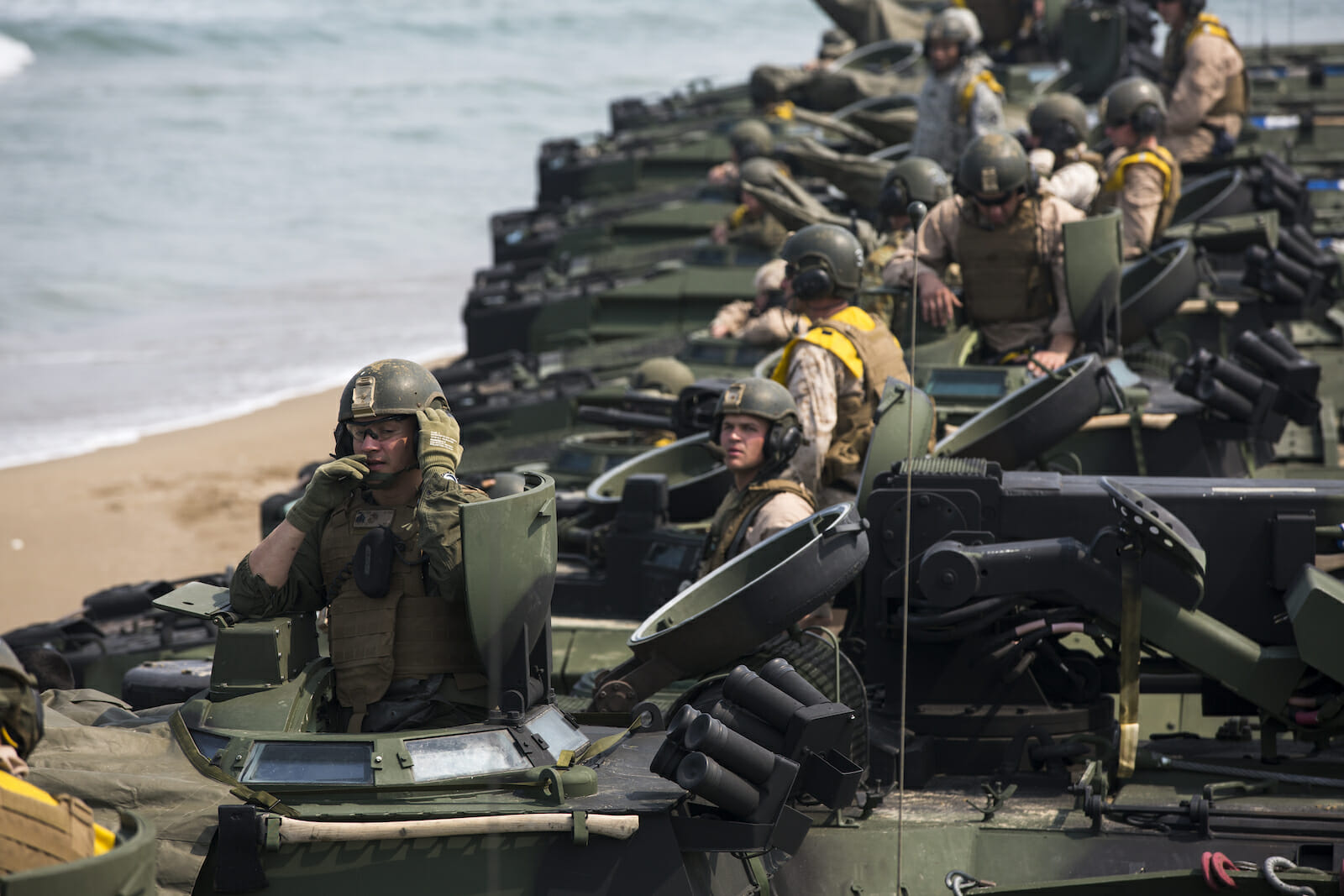
Books
War is Like Alcohol: Review of ‘Cocktails from Hell’
War, like alcohol, can be incredibly addictive and destructive. U.S. Army Col. Austin Bay’s new book, Cocktails from Hell, documents five ongoing or potential military conflicts simmering around the world: North Korea, the South China Sea, Ukraine, Yemen, and the DRC. In each chapter, Bay provides a historical overview of the conflict, lists the participants and their motivations/strengths, states the known and unknown (important to know what you don’t know in war) factors of the situation, offers up tactical, operational, and strategic complexities to ponder and closes by giving a set of hypothetical outcomes to the conflict, both peaceful and military. The book is under 200 pages. Each chapter is thus relatively short, yet relates a lot of useful information.
Cocktails is particularly illuminating for the majority of people who don’t know much about the bloody stalemates ongoing in Yemen and the DRC, which haven’t received a lot of coverage in American mainstream media. Bay summarizes the complex array of ethnic disputes and outside forces that shaped these post-colonial conflicts. Unsurprisingly, natural resources are a big factor in both. The DRC produces the majority of the world’s cobalt, plus huge quantities of copper, gold, diamonds, tin, and tantalum. Yemen is a regional agricultural hub in the Middle East (abundant farmland is also one of the major causes of Ukraine’s historical conflict with Russia).
All of the chronicled conflicts involve the West (primarily the U.S.) and either China or Russia (both, in the case of North Korea). They all have roots in the Cold War, when the U.S. was battling the USSR and China for global supremacy in the developing world. Each country has strategic maritime access that can be exploited, and are thus coveted, by the great navies of the world. This neo-colonial selfishness is literally tearing Yemen, Ukraine, and the DRC apart (and already tore apart the Korean peninsula).
The retired U.S. colonel is reasonably objective in his descriptions of the conflicts’ origins. He mentions the UK’s overthrow of Iran’s democratically elected president in 1953 and the material/logistical assistance provided by the U.S. in the war crimes being perpetrated in Yemen. However, Bay gets a little too subjective when writing about the U.S. and Iran’s roles in the Yemeni war. He writes about Iran’s desire for “global dominance” and how “the Iranian regime thinks it should control these holy sites [Mecca and Medina].” Laughable goals to ascribe to the 27th wealthiest country in the world…He casts doubt on the credibility of the IAEA’s inspections of Iran’s nuclear facilities, while simultaneously ignoring the fact that the US’ executive and legislative bodies have both pre-emptively violated the Iran nuclear deal. When discussing Saddam Hussein’s war crimes against Iran, the author fails to mention that the U.S. directly helped Hussein to gas Iranian civilians. Such context would help to explain Iran’s recent actions. To be fair, Bay interestingly undersells the threat of Iran’s so-called Shia Crescent.
Overall, Cocktails from Hell is a convenient primer for people interested in the intersecting matters of military affairs and global commerce. Each chapter succinctly relates the past and present situation in a conflict zone, before listing several plausible conflict outcomes. The book does a good job of dissecting each conflict actor’s hard/soft power assets, goals, and problems. Bay does a masterful job of this in the DRC chapter, explaining the catalysts of Congo’s many, endless mini-wars (the only other American perspective I found to be equally informative of this country was that of the late Anthony Bourdain). This book is a good tool for laymen, as well as policymakers interested in planning for war or hopefully peace.

